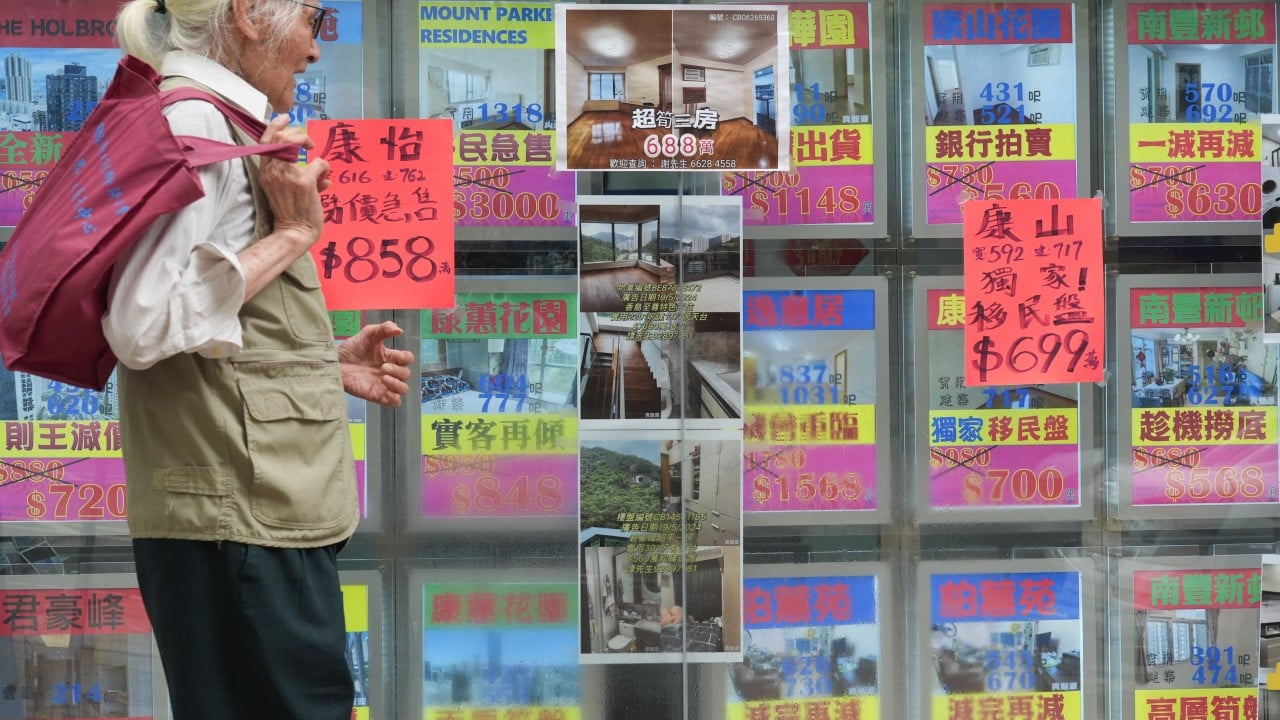Expressions such as “major distress event”, “credit squeeze” and “negative feedback loop” often denote a financial crisis. In Asia’s property sector, these terms are associated with the dramatic loss of confidence in China’s housing market, triggered by the default of China Evergrande Group in 2021 followed by its eventual collapse.
Advertisement
However, in a report published by S&P Global Ratings on February 5, such alarming terminology was used to describe the risks in Hong Kong’s property market. S&P said the recovery in the city’s housing market might be “slipping out of view”, increasing the sector’s vulnerability to a “credit event”. The rating agency said “any high-profile defaults or restructurings would squeeze industry funding, with effects rippling through the sector, hurting even highly rated names”.
The strong likelihood that US interest rates will stay higher for longer, coupled with significant supply and demand imbalances in the city’s housing market, have put more pressure on developers with thin liquidity buffers.
The severe financial problems faced by New World Development (NWD), a leading developer owned by one of Hong Kong’s wealthiest families, have fanned fears about a debt restructuring or default. In December, the distressed developer asked banks to postpone the due dates of some loans. The company has pledged US$15 billion of prized properties as collateral for refinancing, the largest amount pledged by any of Hong Kong’s property dynasties for such a refinancing, data from Bloomberg shows.
While NWD appears to be an isolated case, S&P points out that some other unrated developers have weak liquidity positions. If shareholders decide to no longer support a major developer and asset sales fall through, the “weak liquidity positions of some developers may bloom into full-blown financial distress”, S&P warned.
Advertisement
Rising levels of distress are also apparent in Hong Kong commercial real estate. According to Colliers, 40-50 per cent of large investment transactions in the last three quarters of 2024 were assets sold under receivership or at a loss. Commercial property prices in the city fell 27.8 per cent last year compared with an average decline of 4.7 per cent for other major cities, according to a global index by MSCI.

